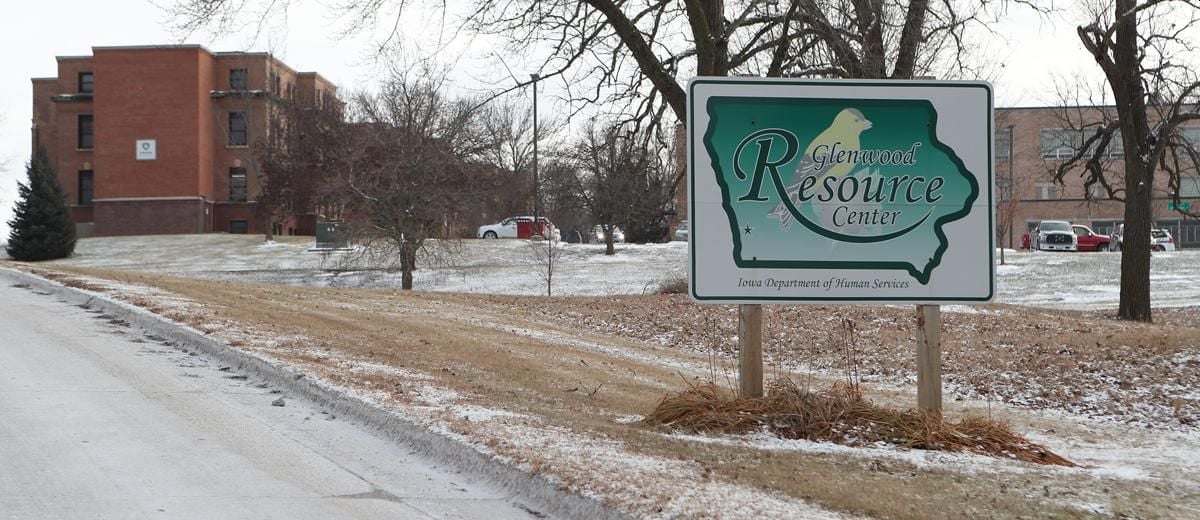Dave Leshtz is the editor of The Prairie Progressive, where this essay first appeared.
Earlier this year, State Representative Josh Turek wrote an excellent Des Moines Register guest column on why “Iowa is not a good place to be disabled.” He cited long waiting lists for in-home and community-based care, severe restrictions on Medicaid eligibility, legislative efforts to dismantle services for special education provided by our Area Education Agencies, and more. Yet this is only the tip of the iceberg.
Iowa also lags in providing community services.
Many states have closed their institutions for people with severe disabilities, but thousands of Iowans don’t have the opportunity to become part of the fabric of our society instead of living as segregated outcasts far from their families and communities. In December 2021, the Civil Rights Division of the U.S. Department of Justice found that Iowa “plans, administers, and funds its public health service system in a manner that unnecessarily segregates people with intellectual disabilities in the Resource Centers [Glenwood and Woodward], rather than providing these services where people live, in their community.”
In April 2022, Iowa Department of Health and Human Services Director Kelly Garcia announced that Glenwood Resource Center on the western edge of the state would close. Garcia said later that year, “This notion that you are admitted at age two and you live eighty years there is no longer the way we as a society would want to support a human being.”
Governor Kim Reynolds agreed, stating in an April 2022 news release that “our best path forward to achieve” the Justice Department standards is closing Glenwood Resource Center “and reinvesting in a community-based care continuum that offers a broad array of services.”
Advocates for people who have disabilities applauded the news, with hope Iowa would finally—after more than a century of neglect—protect the constitutional rights of its most vulnerable citizens and develop opportunities to live as independently as possible. Serving people close to home, where oversight is easier, decreases the chances of abuse, neglect, and mistreatment documented by the Justice Department. It would also save or redirect a good chunk of the nearly $400,000 in state and federal tax dollars spent annually per resident.
How’s it going, two years later?
A report by a state monitoring team in October 2023 found Glenwood to be out of compliance with fifty out of sixty-five standards of medical care. It was out of compliance with thirty of thirty-four standards for transition into community settings. The deaths of residents while at the institution have not been adequately reviewed. Eight deaths of residents who died after transitioning have not been reviewed at all. Staff training on transitioning was found to be inadequate.
In the last fifteen months, eighteen residents were moved to Woodward Resource Center—not a community-based provider.
As is typical for the Reynolds administration, little information is available to the public on whatever progress has been made toward shuttering Glenwood.
Turek wrote that Iowa is not a good place to have a disability. It is also not a good place to live if you care about government transparency, more efficient use of tax dollars, and equal citizenship for all Iowans.
Appendix: Redacted Monitoring Team Report on Glenwood Resource Center, dated October 18, 2023, submitted to the U.S. District Court for the Southern District of Iowa. Laura Belin had to file an open records request with the Iowa Department of Health and Human Services to obtain this report, which was not available on the agency’s website.
Top photo of the Glenwood Resource Center originally published on the Iowa House Democrats Facebook page in April 2022.


1 Comment
Iowa is neglecting people with disabilities
Thanks David for your essay. In addition to your insight, I offer two other examples of Reynolds and R’s turning their backs on people with disabilities. Weakening the Civil Rights Commission removes legal recourses for people with disabilities to get jobs, education, housing, access to public accommodation, and others. Eliminating the Commission on Disabilities silences voices from the disability community and their families. While a small minority of Iowans have family members at Glenwood, about 12% of Iowans disabilities.
Ralph Rosenberg Sun 28 Apr 7:25 PM